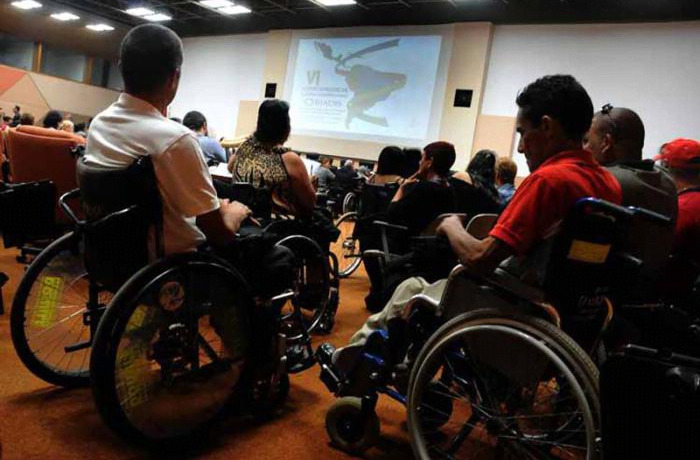
Havana, January 26 (RHC) Cuban law experts highlighted the new features of the new Family Code regarding recognizing the rights of people with disabilities.
The issue is one of the central matters of the legal body that will be submitted to popular consultation next February and is part of the Island's legal adjustments to comply with the International Convention of Persons with Disabilities and the Constitution of the Republic, approved in 2019.
According to Leonardo Pérez, professor at the University of Havana, this legal norm proposes to replace the guardianship model with a support model.
This implies the recognition of rights such as family inclusion, self-determination, self-realization, autonomy, and measures to avoid discrimination and the causes of situations of vulnerability, said Perez, who is also the president of the Cuban Society of Civil and Family Law.
Speaking on the radio-TV program Mesa Redonda, Havana University professor Caridad Valdés added that, if approved, the Family Code would add the safeguarding principle. The courts can take the necessary measures to ensure that those who support the disabled do not overstep in their actions.
For Geudis Vega, a blind person with a law degree, one of the fundamental advances of the draft is that it enhances the rights of people with disabilities of all ages.
In line with the United Nations Convention on the subject, the new provisions recognize that the disability is not of the person as such, but in their relationship with the environment due to the barriers that prevent social inclusion under equal conditions, she said.

